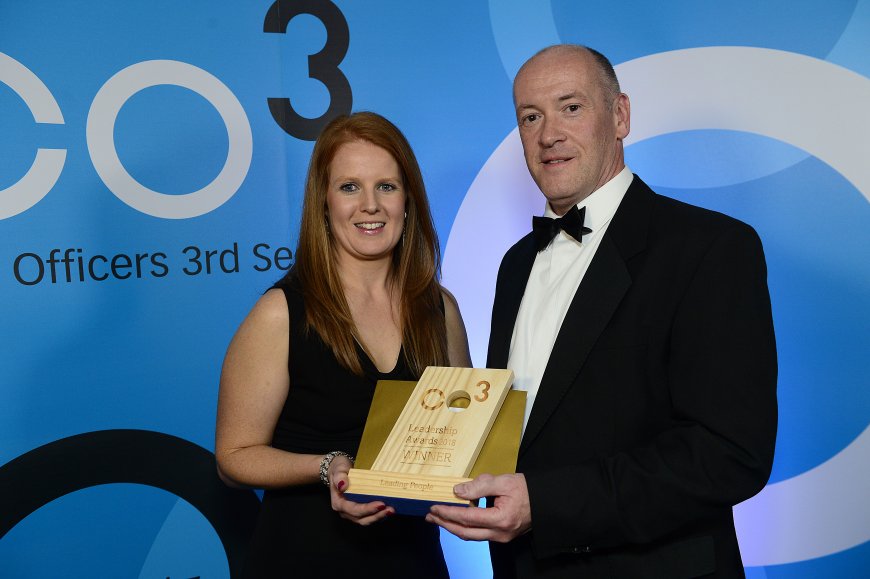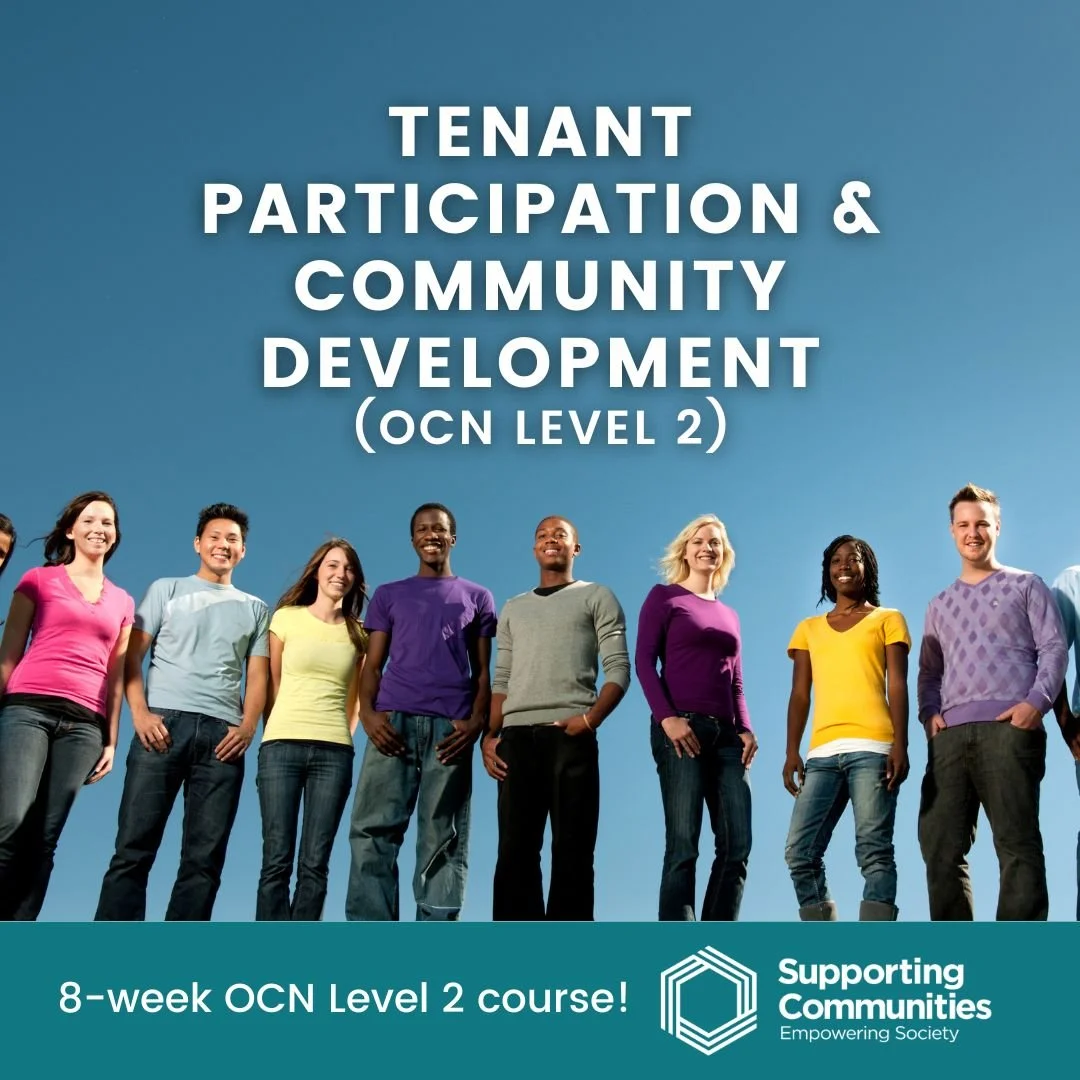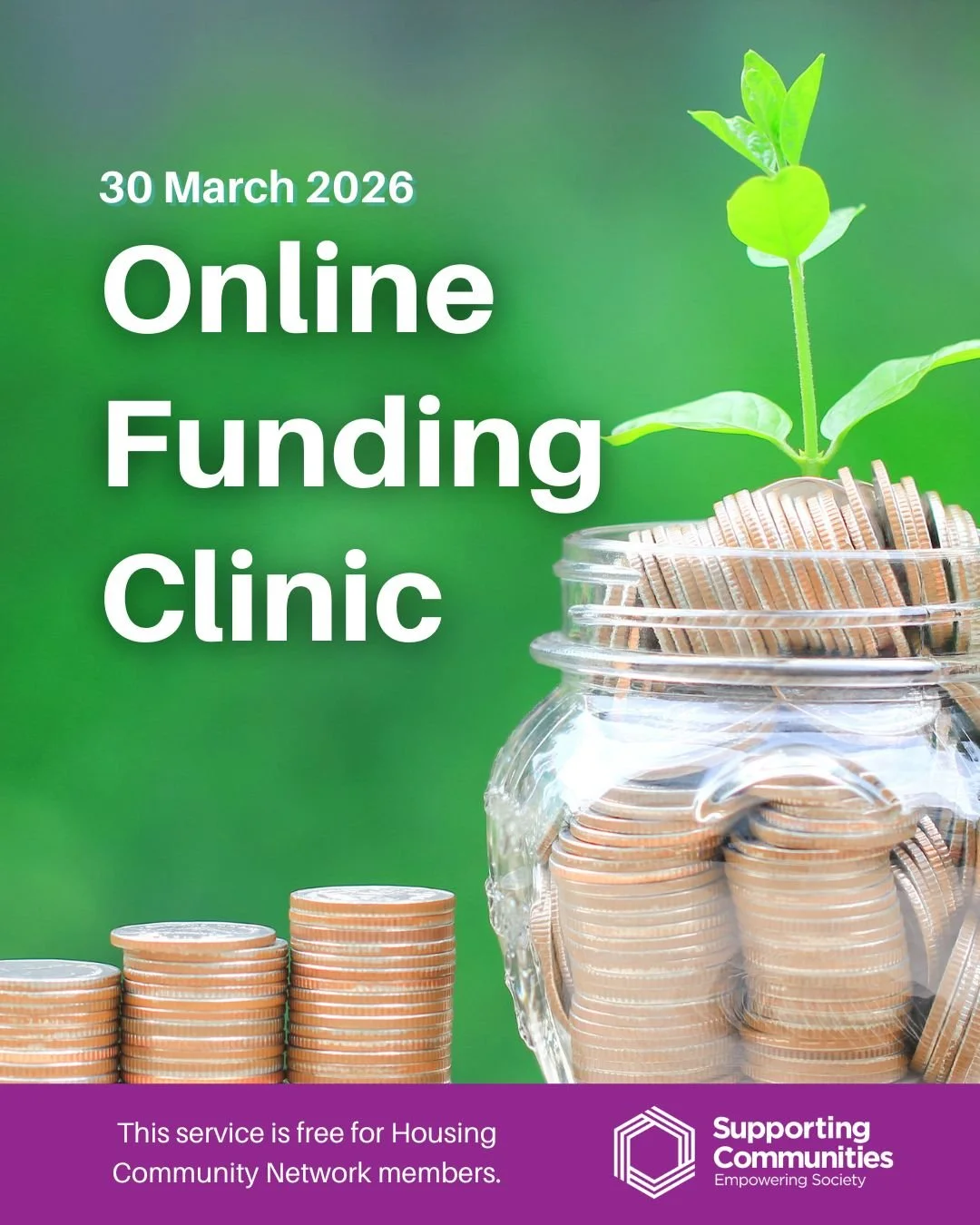The Trip of a Lifetime
/by Colm McDaid
Receiving the award - and the news of the trip!
I was delighted to have been nominated by the board of Supporting Communities for a CO3 Award for Leadership in 2018 and even more thrilled when I won the ‘Leading People’ Award Category last May at the ceremony at the La Mon Hotel. On the night I also learned that, as part of the prize, I would be going to Stockholm for four days at the end of September along with the other award winners.
During the intervening summer months, I didn’t think much more about the visit to Sweden. Indeed, as September arrived, I wondered if four days away during a very busy time for me and Supporting Communities would be worth it, but as more and more emails arrived from CO3 with flight and bus itineraries, I knew there was no way out!
Ready for our Swedish Adventure!
Our departure date of 26th September came quickly and after a long day’s travelling, I arrived in Stockholm along with eight fellow award winners and CO3’s Chief Executive, Nora Smith. There we were met by Truls from Ideell Arena, the Swedish equivalent to CO3. Truls was to act as our host for the duration of the visit to Stockholm and he outlined what our itinerary would be over the next two days. If any of us thought that this was going to be a few days of rest and relaxation, we were very much mistaken.
Nora and Truls had taken time to create a perfectly tailored programme to reflect all our interest areas, from health to education to housing/community development to social enterprise. This was very much appreciated as it meant that there was something for all of us to glean over the next two days in a packed programme full of opportunities to learn more about our own areas of work as well as the chance to network, something which CO3 is synonymous with and always delivers regardless of the setting.
Touring Stockholm on foot.
Our first morning in Stockholm we didn’t have to travel very far - we were literally staying in the first project we were visiting, KFUM Central, which is the Swedish equivalent to the YMCA. We learned that this was one of the oldest ‘Swedish Civil Society’ membership organisations. Staff there were able to share with us their business model and structure which has enabled KFUM Central to become one of the most sustainable third sector organisations in Stockholm whilst delivering on their important charitable objects. This business model included owning various subsidiaries from health & fitness clubs to the very hotel where we were staying. We had a very open and honest Q&A session following a tour of the building and this interaction set the tone for the rest of our visits where our Swedish hosts were willing to share their knowledge and experience, as well as where they felt they had made mistakes along the way.
The second site visit that first morning in Stockholm was to the offices of Cancer Fonden, the Children’s Cancer Charity. There we were provided with a presentation on the organisation’s structures, their fundraising methods and future challenges – headings which we were all too familiar with as third sector leaders. Not coming from a health background, I found the visit to Cancer Fonden both informative as well as thought provoking since all of us had been touched, in one way or another, through the loss of family, friends or colleagues, by this terrible disease. During the Q&A session, I was surprised at the feeling of positivity in the room as our three of our own cancer charity leaders discussed the impact of cancer globally and what their respective organisations were doing to not only tackle but beat this horrific disease.
Public housing in Sweden.
After lunch and having mastered the challenge of staying together and not getting lost on Stockholm’s busy underground transport system, we travelled to the University of Stockholm in the south of the city. This session provided us with the historical and theoretical context about what was fast becoming our new favourite phrase - ‘Swedish Civil Society’. I must admit I was still trying to come to terms with what all this chat about ‘Swedish Civil Society’ really meant but at least this session had shown where it fitted in with the other sectors within Sweden, particularly the business and public sectors. On our way back from the University, there was an opportunity for Jim McShane from Ark Housing Association and myself, to witness some of Stockholm’s ‘public housing’ which had been successfully regenerated following investment by the municipal housing company. Although not part of our formal itinerary, it was nevertheless very useful and interesting to see first-hand.
That evening I made my apologies to my CO3 award colleagues and used the opportunity to meet with both the recently retired and current Secretary Generals of the International Union of Tenants (IUT), a worldwide tenant membership organisation with its headquarters in Stockholm of which Supporting Communities is an Associate member. Indeed, I am very proud that Supporting Communities was an award winner at the last IUT Congress held in Glasgow in 2016 for our digital engagement project, Bridging the Digital Divide.
Meeting with Annika and Magnus provided me with another opportunity to ask more questions about the whole concept of ‘Swedish Civil Society’ over dinner. They were able to explain the role played by the Swedish Tenants’ Union as a prime example where a longstanding and highly regarded membership organisation of almost half a million plays a hugely influential role in both lobbying central government to set standards for the Swedish private rented sector and also in negotiating and setting rents at a municipal (local council) level right across Sweden. It was then I began to think about the scale and influence that ‘Civil Society’ has in Sweden.
On the Friday morning, our scheduled programme began with a session at Truls’ and Ideell Arena’s Head Office. Here we met with leaders from a diverse range of Swedish civil society organisations such as the Swedish Golfing Union, Animal Rights Welfare and the Swedish Red Cross. Trustees from these organisations were able to provide their perspectives on the vital role played by their groups in Swedish society and were very open and honest about how Swedish not-for-profit organisations needed to diversify and modernise in order to survive. They also alluded to the introduction of an Outcomes Based Approach by central government which we explained we were also well aware of back in Northern Ireland.
Beautiful city!
After lunch, our final afternoon involved an interactive walking tour of Stockholm which I found extremely interesting as it showed how the Swedish government was using a creative research technique involving community engagement and conversations at a grassroots level to help identify societal priorities and needs. For me, it showed where we could easily replicate a similar approach back home and reinforced for me the benefits of trips like this in opening our minds to how to do things differently and achieve meaningful results.
The final session of our trip was held at the Ersta Skondal Bracke University where we were hosted by two academics who had studied Swedish Civil Society extensively. We also used this opportunity to share our thoughts and learning on the preceding two days of visits and discussions. I also finally got an answer to my questions about what it meant to be a member of one of the 220,000 Swedish organisations. To be a member of ‘Swedish Civil Society’ was not only what was expected of you as a Swedish citizen, I was told, but it also meant you were a better Swede! In that one sentence I, and the rest of our group, finally realised that civil society was an integral part of Swedish culture and in the DNA of every citizen.
Different terms, same ideas.
Reflecting on my trip that evening and chatting with the rest of our cohort, I began to think more and more about our own Voluntary, Community and Social Enterprise (VCSE) sector and was of the opinion that, we too, have an equally vibrant and diverse third sector made of sporting clubs, health clubs, countless thematic clubs and societies as well as community/tenant groups right across our region. We may not call it the same but what we have is as important and dynamic as any other country, including the much-lauded Swedish example which we had spent two full and wonderful days learning about. We may not shout it from the rooftops but the impact and difference each of our VCSE organisations make on a daily basis is immense and we should be rightly proud of our own third sector just as Swedish citizens are proud of theirs.
Magnus Hammer, my retired IUT colleague showing us the many delights that Stockholm has to offer.
Overall, my visit to Stockholm was an extremely enjoyable experience and I would like to thank CO3 for organising and providing a once in a lifetime opportunity. Before this adventure, I knew three of my fellow travellers, Nora Smith from CO3, Martin Flynn from OCNNI, and Jim McShane from Ark HA. By the time we arrived back, I can say without hesitation, that not only had I got to know Nora, Martin and Jim even better, but I have made six new friends who all share the same passion and dedication to their respective organisations as I do with Supporting Communities and who I look forward to staying in touch with in the future.














